Sneak peek: Preschool doesn’t change kids’ IQ. The advantages of preschool education are much more subtle but no less impactful.
I noticed an article on Wired Science entitled “How Preschool Changes the Brain.” Of course, being interested in child development, I was immediately intrigued. The article reviews several classic studies conducted over the past 30+ years investigating the long-term benefits of early childhood education programs (i.e., preschool) on children’s academic and career outcomes.
As you might have expected, children who attend preschool (especially those from economically disadvantaged backgrounds) were more likely to graduate from high school, get better grades, stay married, and less likely to get arrested.
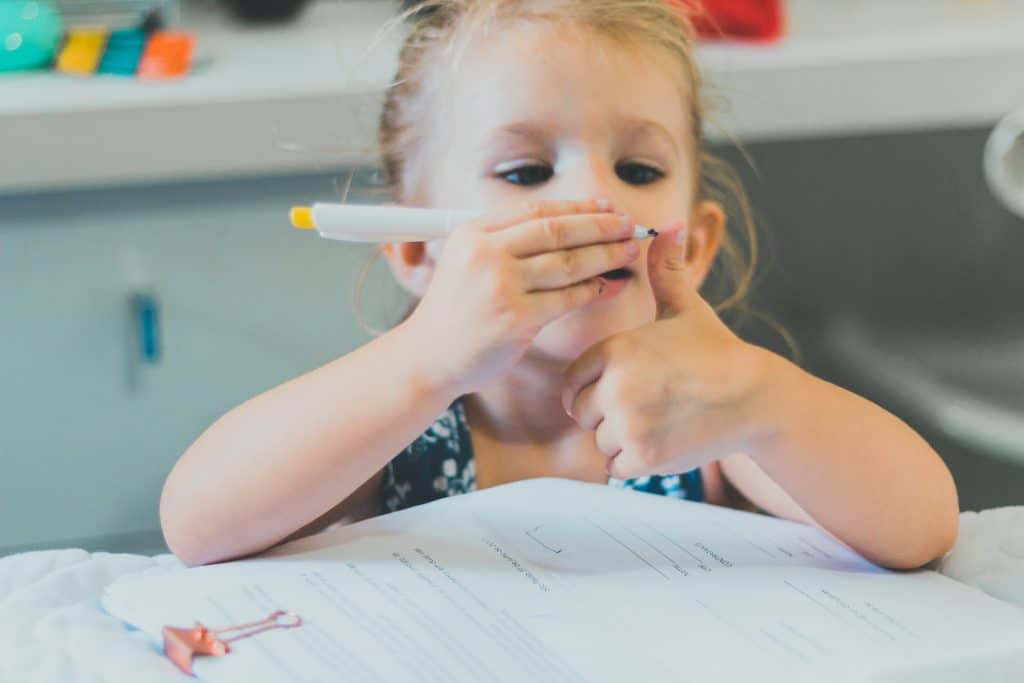
This post contains affiliate links. Purchasing through these links provides a small commission to this blog (at no added cost to you). Thanks.
What are the Advantages of Preschool Education?
Your first reaction to these findings might be to assume that preschool makes these children smarter. Perhaps all the exposure to books, learning games, and so on really enhances their intelligence. However, upon closer examination of the findings, it becomes apparent that the children’s IQ scores remain relatively stable over time. Some kids’ IQs may increase slightly in the years immediately following preschool, but usually stabilize near their original level later in life.
It turns out that the big advantages of preschool education are focused on the life skills that are often more important than IQ in determining one’s success in life—self-control, persistence, and self-discipline. So, after reading that, I felt the title of the article should be something more like, “How Preschool Changes Behavior, not the Brain.”
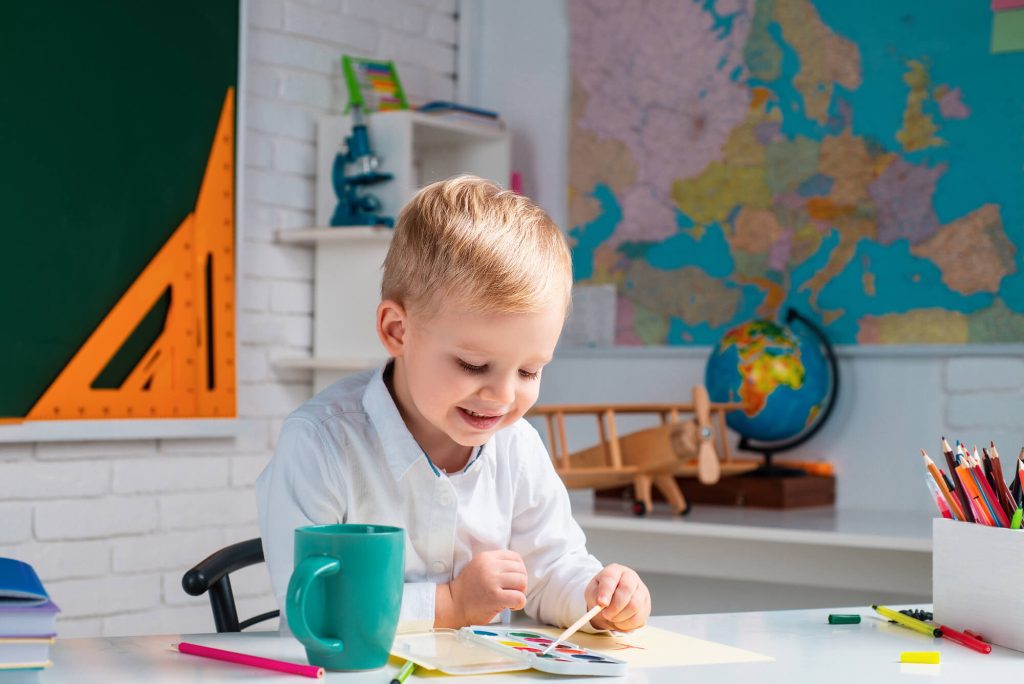
Play-Based Learning and “Soft” Skills
We have since learned that the best way these “soft” skills are learned is through play-based learning. This doesn’t mean chaos or that kids are let loose to do whatever they want. It simply means that preschoolers learn best when are actively engaged in activities that are meaningful to them.
Related reading: Emotional Intelligence in Children: How to Develop those Crucial “Soft Skills”
What is meaningful to a preschooler? Playing with her friends, pretending to be dogs and cats, learning how to share and take turns. PLAY is the engine of learning in early childhood. I discuss this more in this quick video and how we adults can subtly guide the process.
What is the Purpose of Preschool?
This discussion of play gets us back to the real purpose of early childhood education. Despite today’s emphasis on rigorous academics, the main purpose of early childhood education has always been social-emotional learning and basic academic preparation. Yes, preschoolers need to learn their ABC’s, numbers, letter sounds, etc., but the real preparation for kindergarten comes in the form of socialization.
Young children are still really learning how to be human and function together in a group of other little humans. This recent study reiterated this to me more than ever. It reminds us that things that we adults take for granted, like social reciprocity and gratitude towards others, do not usually come naturally to young children. These social conventions involve pretty advanced social-emotional skills, self-regulation and most importantly, practice.
Therefore, besides learning basic academic skills, early childhood education is really meant to be a testing ground for guiding and helping kids learn crucial social skills. Research tells us the most effective way to do this is through play, specifically play guided by a skilled adult who cares for these youngsters.
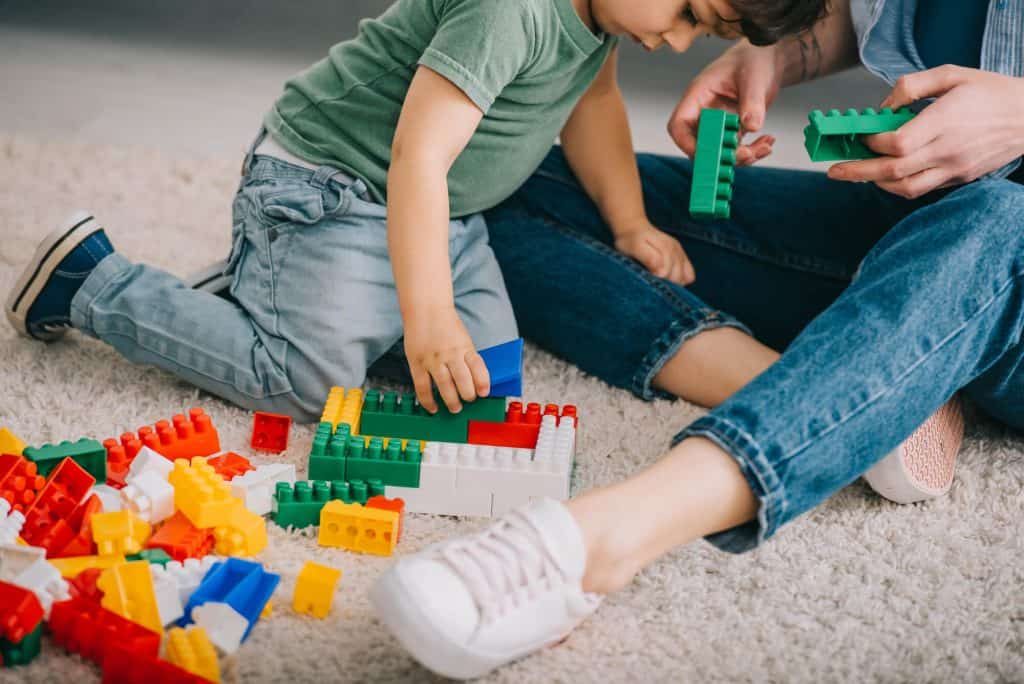
The Impact of Preschool
Economists love these kinds of findings because they mean taxpayers can get a lot of bang for their buck by investing in early childhood education programs, especially for disadvantaged children. In fact, the Wired article showed that “for every dollar invested in preschool for at-risk children, society at large reaps somewhere between eight and nine dollars in return.” Wow! I would much rather invest in preschool than prisons.
Reading this article reminded me of Ellen Galinsky’s great book Mind in the Making, in which she discusses the importance of teaching children crucial life skills like self-control. With all the emphasis on academic rigor and high-stakes testing, it’s easy to forget that these life skills are equally, if not more important than book knowledge.
Related reading: Common Misconceptions of Early Learning
Of course, all this emphasis on preschool doesn’t mean we, as parents, cannot teach our kids these skills at home.
There is nothing magical about preschool; it’s just a scheduled, regulated environment that helps children learn these skills.
Even if your child is in preschool, you would still have to reinforce these lessons at home. As far as the public sphere is concerned, preschool is a good investment in our nation’s future.
Wondering what to look for in a play-based preschool?
Download this checklist and be prepared for that preschool tour!
Click here to purchase and download the checklist
Related Resources:

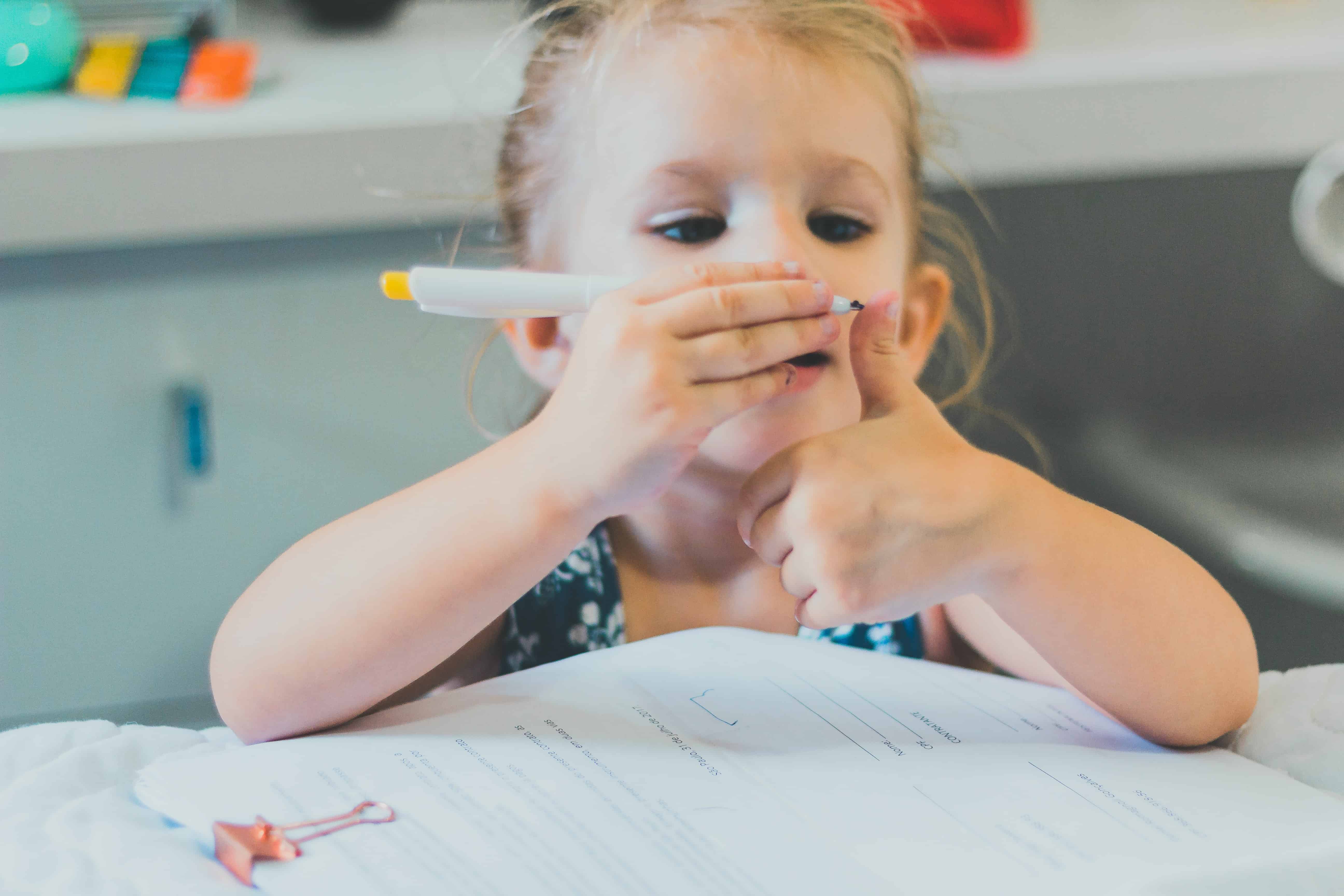
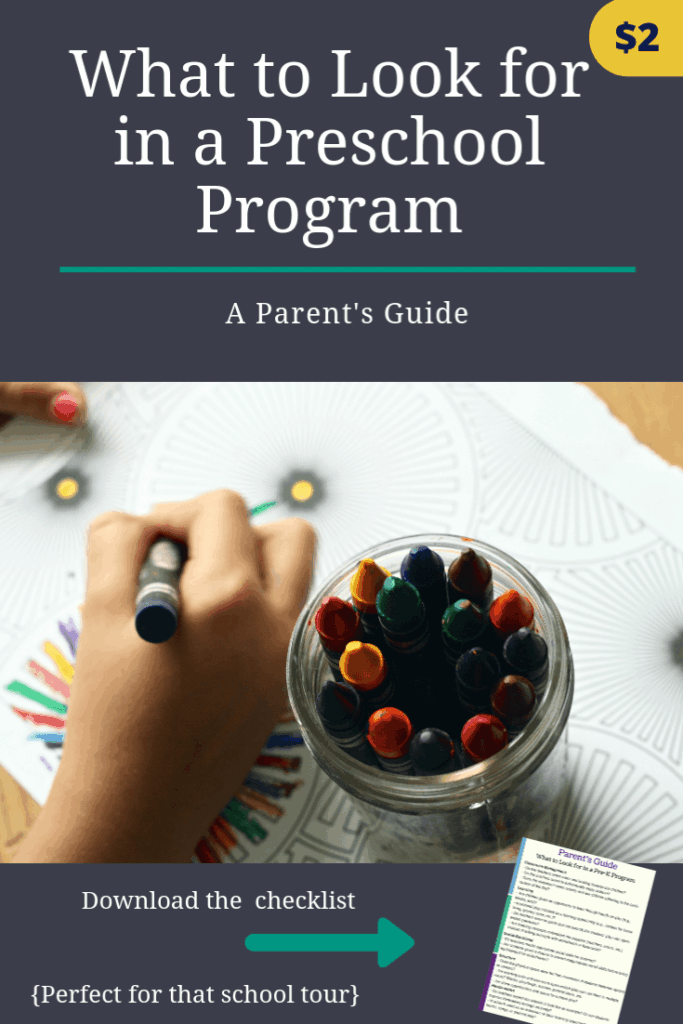
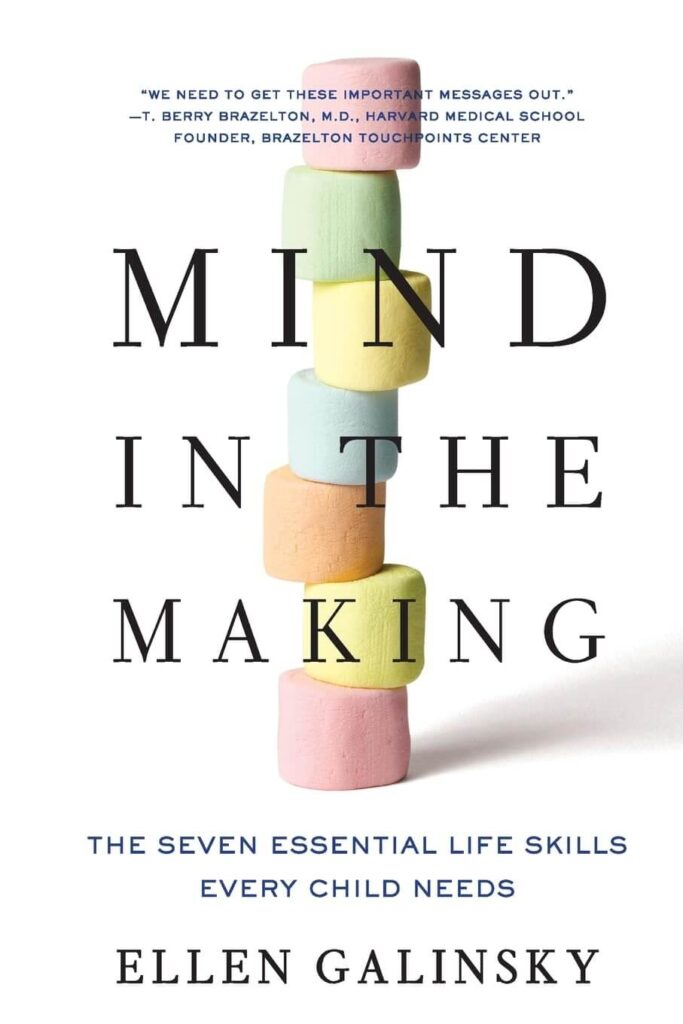
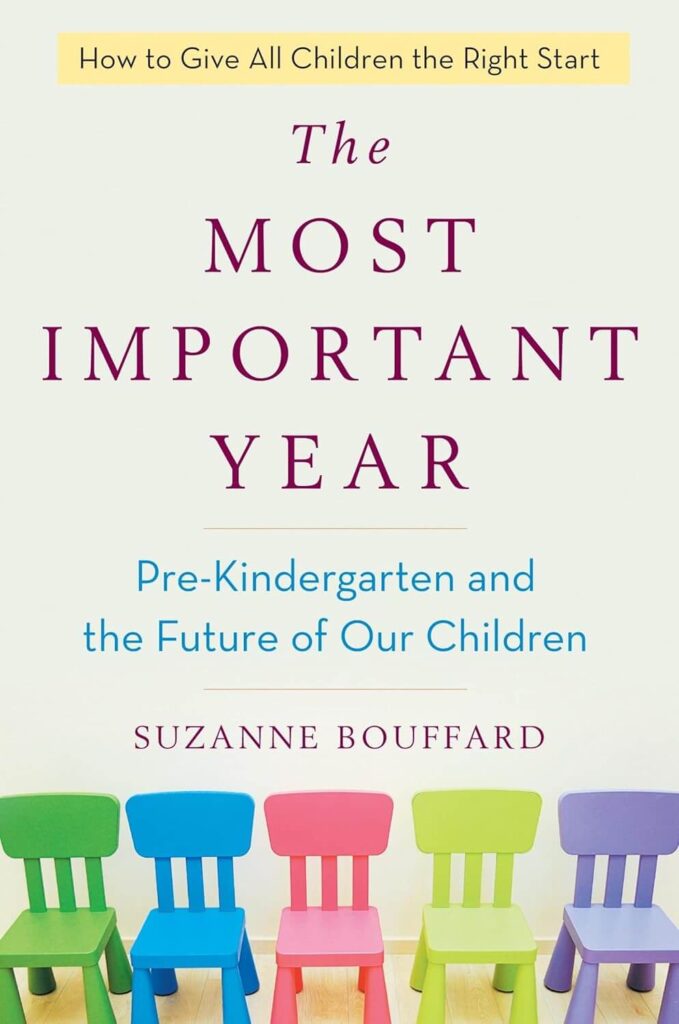
Amy
I think there is something also a correlation with the parents who send their children to preschool. Parents who are motivated to send their children to preschool are more likely to teach and model for their children those life skills that you talked about.
I've loved reading your articles and have an award for you over on my blog! Oh So Savvy Mom
Krisi
I love your input on this topic and agree completely. Sure, children could learn these developmental abilities at home, but why not both? It is also a great way for them to begin to learn structure in school and socialization skills with other children at school. I love your posts!